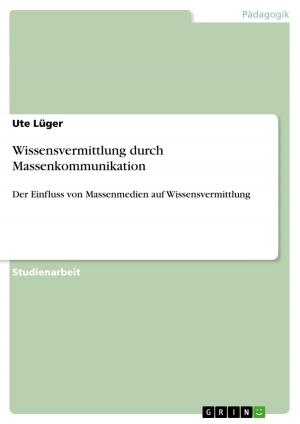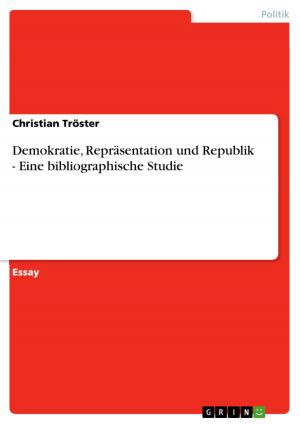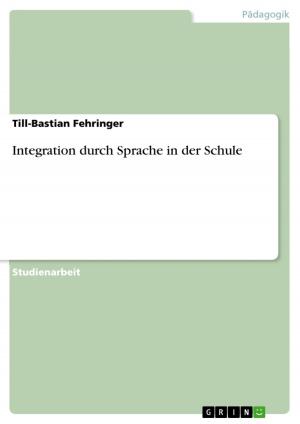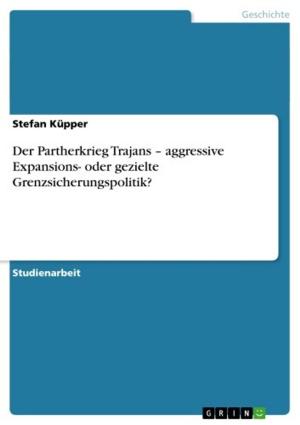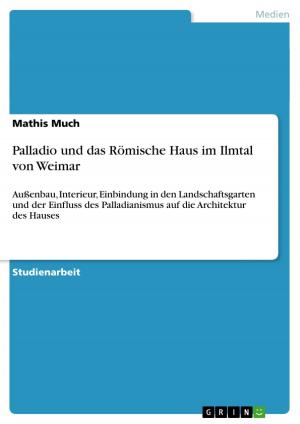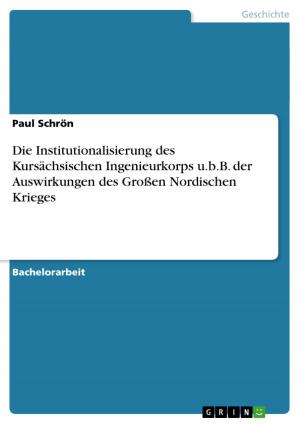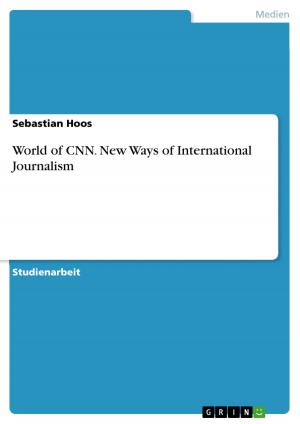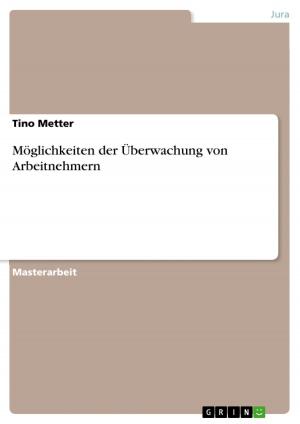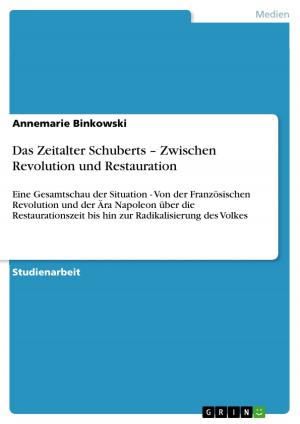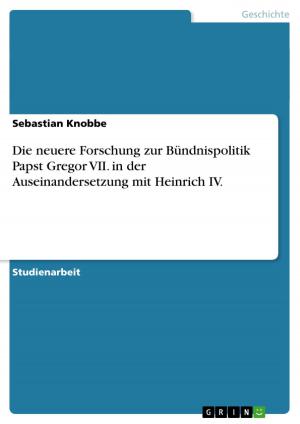The Bildungsroman and Charlotte Brontë's Jane Eyre
Fiction & Literature, Literary Theory & Criticism| Author: | Anonymous | ISBN: | 9783656072201 |
| Publisher: | GRIN Verlag | Publication: | November 30, 2011 |
| Imprint: | GRIN Verlag | Language: | English |
| Author: | Anonymous |
| ISBN: | 9783656072201 |
| Publisher: | GRIN Verlag |
| Publication: | November 30, 2011 |
| Imprint: | GRIN Verlag |
| Language: | English |
Essay from the year 2010 in the subject Literature - Comparative Literature, grade: 1, Warsaw University, language: English, abstract: The Bildungsroman genre is typically concerned with the formation of a character, that character's coming-of-age, and progress through life. The conditions present in the Victorian era, and specifically the condition of contemporary gender relations, allowed this genre to produce almost exclusively male protagonists. Because masculinity was believed to possess the highest of virtues, such as honour, loyalty, and enterprise, only male character's had the possibility for self-realization, as can be seen in the Bildungsroman of Dickens (David Copperfield, Great Expectations), and in the genre's precursor, Wilhelm Meister's Apprenticeship by Goethe. This essay aims to illustrate, on the example of Charlotte Bronte's Jane Eyre, that self-realization and enterprise were in fact achievable for the contemporary woman. Contemporary social and literary theory, on the basis of the author's biography and the life story of her protagonist, Jane Eyre, demonstrate how the Victorian woman's life, though domestic in nature, proves to be more 'internalised', but equally productive, and at times even exceeds many of the endeavours of self development that men undertook.
Essay from the year 2010 in the subject Literature - Comparative Literature, grade: 1, Warsaw University, language: English, abstract: The Bildungsroman genre is typically concerned with the formation of a character, that character's coming-of-age, and progress through life. The conditions present in the Victorian era, and specifically the condition of contemporary gender relations, allowed this genre to produce almost exclusively male protagonists. Because masculinity was believed to possess the highest of virtues, such as honour, loyalty, and enterprise, only male character's had the possibility for self-realization, as can be seen in the Bildungsroman of Dickens (David Copperfield, Great Expectations), and in the genre's precursor, Wilhelm Meister's Apprenticeship by Goethe. This essay aims to illustrate, on the example of Charlotte Bronte's Jane Eyre, that self-realization and enterprise were in fact achievable for the contemporary woman. Contemporary social and literary theory, on the basis of the author's biography and the life story of her protagonist, Jane Eyre, demonstrate how the Victorian woman's life, though domestic in nature, proves to be more 'internalised', but equally productive, and at times even exceeds many of the endeavours of self development that men undertook.


